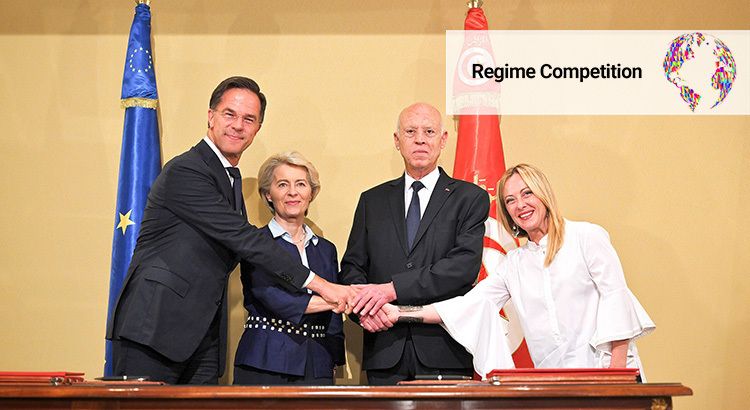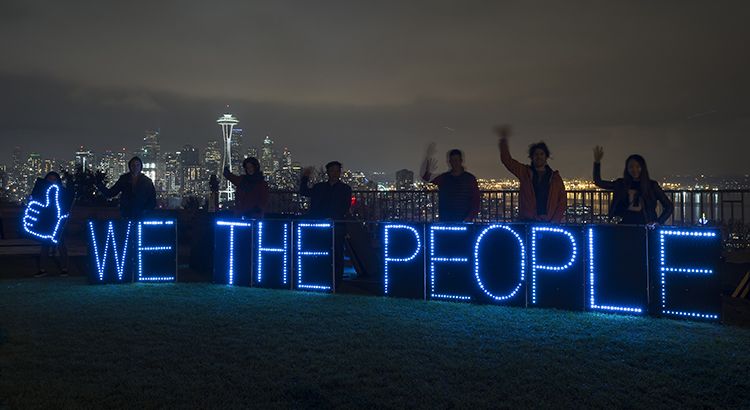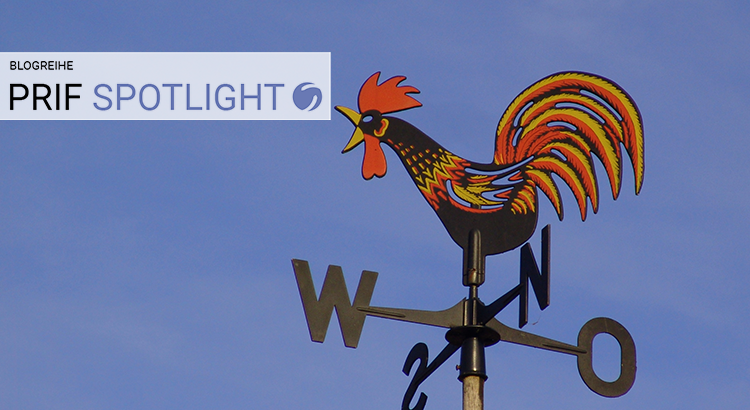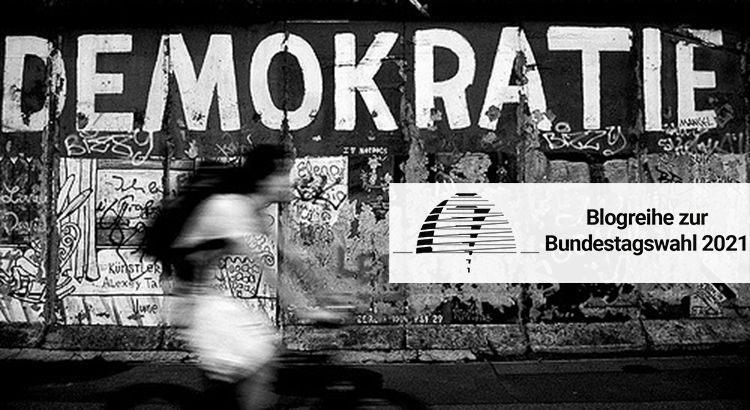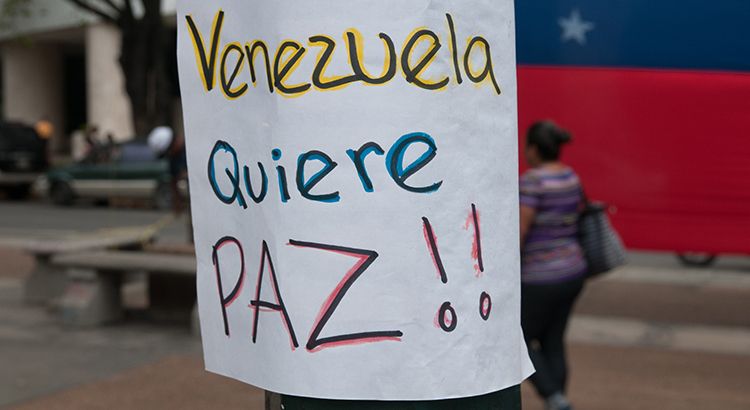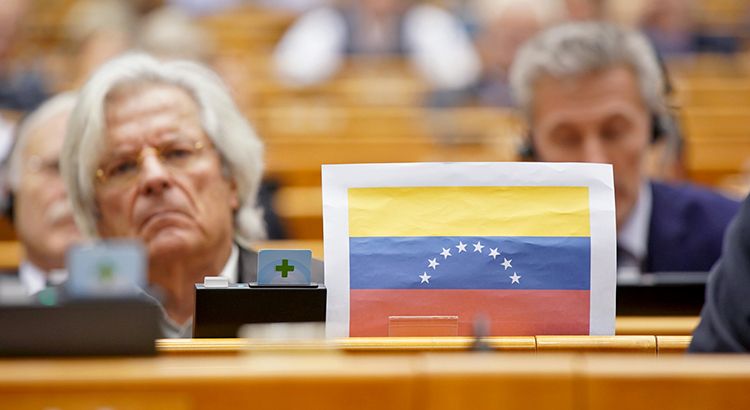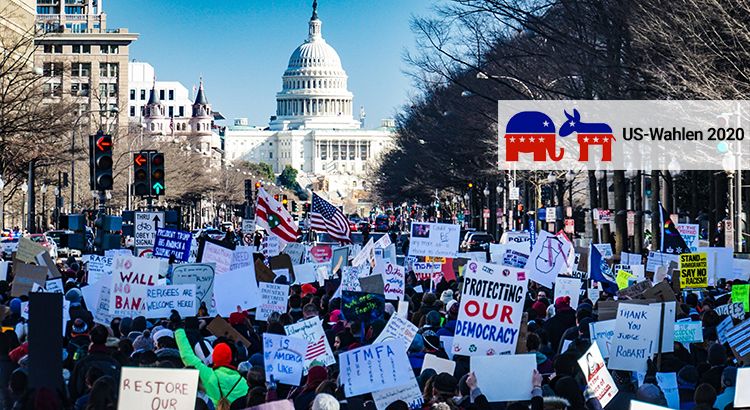Schlagwort: Demokratieförderung
The US government under President Donald Trump has announced a comprehensive shakeup of the US development aid agency USAID. The talk ranges from restructuring or integration into the State Department to complete closure of the organization. Immediately after the announcement, USAID funding was frozen for an initial 90 days and thousands of employees and contractors worldwide are laid off. With the end of USAID as we know it, a fundamental upheaval in international development cooperation and democracy promotion is imminent.
EU Democracy Support in the Southern Neighborhood: How the EU Contradicts its own Practices
For decades, the EU has declared that it aims to support democratization in its southern neighborhood. Yet, the EU’s cooperation with repressive rulers in other policy fields, such as energy, migration, security, and trade, contradicts the EU’s own democracy support objectives. European policymakers have apparently not learnt from the pre-2011 period. As we argue in our project SHAPEDEM-EU, the EU must embark on a journey of un-, de- and re-learning, and it must avoid contradicting practices in different policy fields. This can be done by introducing a democracy learning loop.
The Reconstitution of Liberal Hegemony in Comparative Regime Research: V-Dem’s Discursive Turn from the Contestation to the Decontestation of Democracy
Within just a few years, the Varieties of Democracy (V-Dem) project has experienced a remarkable rise to both academic and political prominence. As I show in a paper that was just published open access with Contemporary Politics, this rise has been accompanied by a notable discursive shift: Having started as a project aimed at taking seriously the essential conceptual contestability of democracy, in recent years V-Dem has adopted an increasingly narrow and taken-for-granted focus on liberal democracy. This turn from the contestation to the decontestation of democracy, which responds to the perception of serious threats to democracy in general and liberal norms in particular, is not only remarkable in and of itself. In the face of the current crisis of democracy, it is also deeply problematic as it contributes to downplaying the inherent limitations of liberal democracy. The following contribution presents and summarizes the main arguments from the paper.
Deutsche Demokratieförderpolitik. Ampelkoalition auf Kurswechsel?
Nimmt man die programmatische Rhetorik des Koalitionsvertrags ernst, deutet sich unter der neuen Bundesregierung eine Umorientierung der internationalen Demokratieförderpolitik Deutschlands an: vom traditionellen deutschen Ansatz, der durch Entwicklungsorientierung und das Selbstverständnis einer Zivilmacht geprägt war, in Richtung eines explizit politischen Zugangs, der Deutschland in einem internationalen Systemwettbewerb sieht, Demokratieförderung als primär außenpolitische Aufgabe definiert und auf die Unterstützung von Demokratien und Demokraten setzt.
Deutsche Demokratieförderpolitik in einer multipolaren Welt: Parteipolitische Perspektiven vor der Bundestagswahl
Ob in Brasilien oder Indien, in den USA, Tunesien oder Ungarn – selten seit dem Ende des Kalten Kriegs schien die Demokratie rund um den Globus so gefährdet wie heute. Aber wie lässt sich der gegenwärtige globale Trend der Entdemokratisierung bremsen oder gar umdrehen? Was können demokratische Staaten wie Deutschland tun, um demokratische Institutionen und Prozesse weltweit zu schützen und zu fördern? Und wie sollte sich die zukünftige Bundesregierung gegenüber der US-Initiative für ein neues Bündnis der Demokratien einerseits, dem wachsenden Einfluss des autokratischen Chinas auf der anderen Seite verhalten? Dieser Blogbeitrag vergleicht die Positionen der in Fraktionsstärke im Bundestag vertretenen Parteien.
The EU, Venezuela, and democracy promotion: A rejoinder to Elliott Abrams’ comments
In his blog post “The EU and Venezuela: More Bad Advice”, published on the website of the Council on Foreign Relations, Elliott Abrams critically reviews my thoughts on “A New Framework for Dealing with Venezuela: From Democracy to Conflict Resolution”. In this piece, I argued that the EU should shift from what I call the “democracy framework” to a “framework of peace mediation and conflict resolution”. Abrams’ comments give me the opportunity to clarify some issues and tease out key differences between his approach and the one I am arguing for.
A New Framework for Dealing with Venezuela: From Democracy to Conflict Resolution
Venezuela is mired in a prolonged, multifaceted crisis, to which no solutions are in sight. In the wake of the country’s December 2020 parliamentary election, the EU needs to rethink some of the basic premises of its policy toward Venezuela. Instead of quarreling about which domestic actors and political institutions should be recognized as democratic, the EU should approach the country through a lens of conflict resolution. While a democracy-based framework divides the EU and a broad range of other external actors, a framework focused on conflict resolution may increase the chances of a more coordinated international response. That approach may be more likely to lead—eventually and indirectly—to some kind of inclusive political settlement in Venezuela.
Between a Rock and a Hard Place: US Democracy Promotion after the 2020 Presidential Election
The external promotion of democracy, a long-standing and bipartisan U.S. foreign policy goal and key to the reproduction of U.S. national identity, has come under unprecedented trouble under the Trump administration. What will U.S. democracy promotion policy likely look like under a second Trump administration, and what would it be under a President Biden? In neither scenario, a return to the status quo ante is likely.

